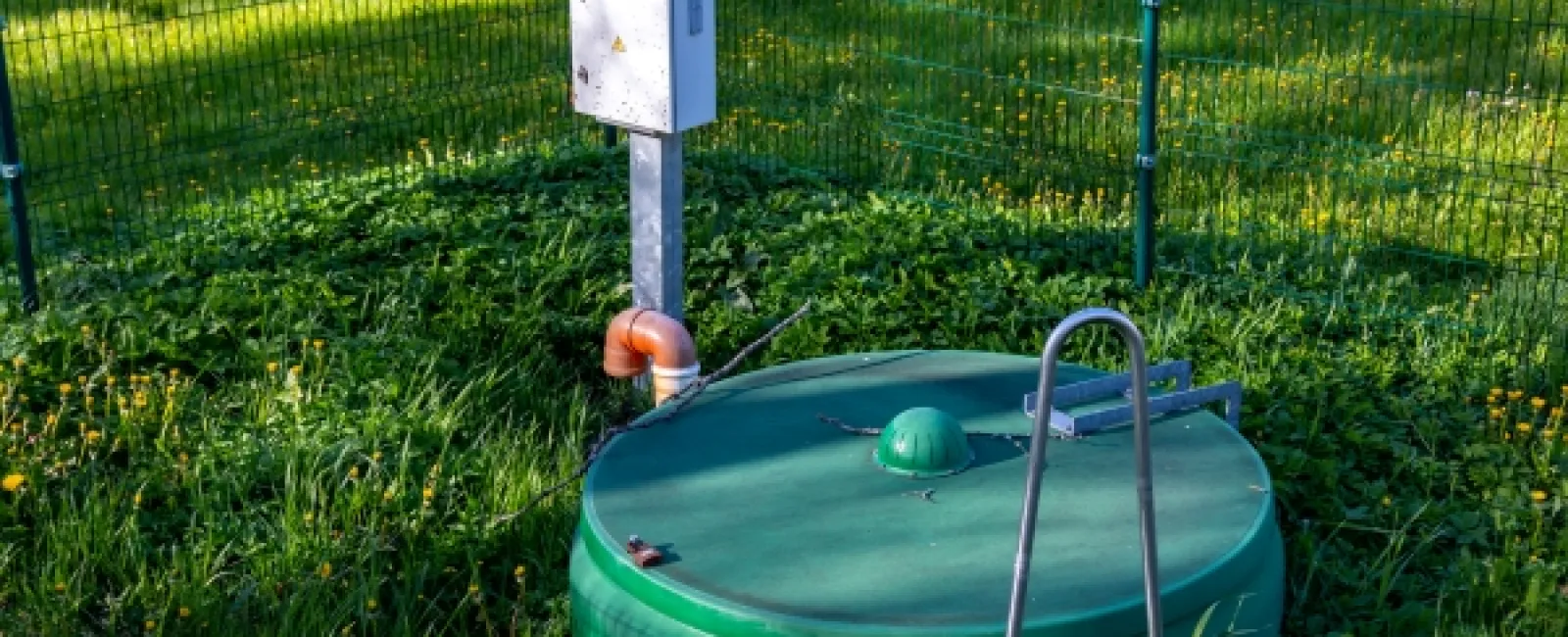Most homeowners in the suburbs are not connected to the municipal sewer system, prompting them to install waste treatment systems. There are many different septic systems in the market, making it challenging for inexperienced individuals to choose the ideal unit for their home. Hiring a professional plumber helps you narrow your search by leveraging their extensive industry experience and expertise with all the available options.
The reality is that choosing a septic tank for your home from a wide variety can be overwhelming. Mr. Rooter Plumbing recommends identifying the ideal waste treatment method that suits your home and then using that information to narrow down your selection. We can help you identify the most suitable waste treatment method for your home before recommending various types of septic systems that are ideal for your waste management needs. Here are three main septic treatment methods.
Traditional Septic System
A traditional septic system refers to an outdated system that comprises a septic tank and a drain field. Waste from various drains and the toilet collects in the tank, where solids, grease, oils, and fats are separated from wastewater. The water flows to the drain field, where it undergoes natural filtration through layers of rocks and sand or a filtration chamber before it is released into the earth.
If you are a property or homeowner with a lot of space, a traditional septic system is ideal since you have the space for a drain field. Mr. Rooter Plumbing has a team that will assess if your soil is sufficiently porous to treat the wastewater before it re-enters the groundwater. Our experienced plumber is well-equipped and trained to install any septic system without compromising efficiency and functionality.
Advanced Secondary Treatment Septic System
An advanced septic system refers to a more modern version where solids and water are separated in the tank. This system relies on a built-in aeration chamber and several biological filtration techniques to extract soluble particles from the water. Unlike a traditional septic system where most of the filtration happens in the soil, the advanced secondary treatment septic system does most of the filtration in the tank before releasing the water into the ground.
With most of the filtration taking part in the system, we recommend this type of septic system for homes that don't have a lot of space or healthy soil to sustain a drain field. Before installing an advanced system, it is advisable to consult a plumber to avoid problems in the future.
Tertiary Purification Treatment Septic System
A tertiary septic system comprises the primary tank where insoluble particles are separated, an aeration chamber to remove soluble particles, and the waste is treated using various processes at the end of the process. Some waste treatments used include UV disinfection, biological filtering, reverse osmosis, and carbon absorption to alleviate any remaining harmful viruses, bacteria, or microorganisms.
The tertiary purification treatment septic system is considered the most thorough of all. Don't risk installing a septic system without being informed; reach out to a plumber for peace of mind. Contact us at Mr. Rooter Plumbing of Atlanta for more information and top-notch septic service.
